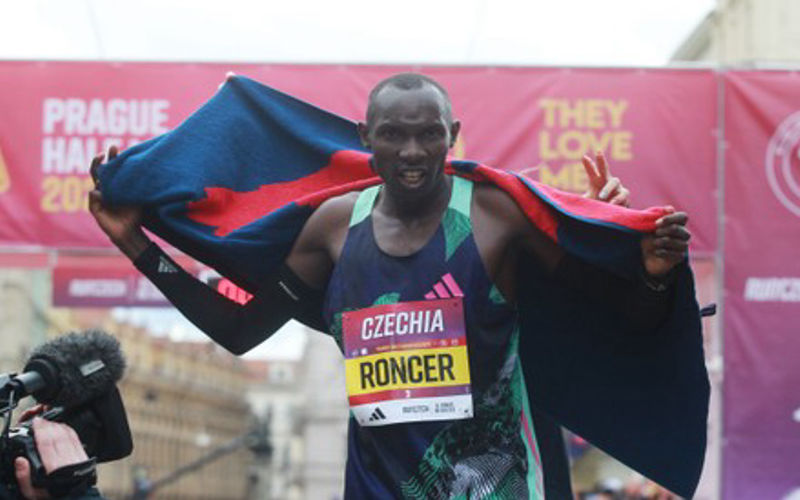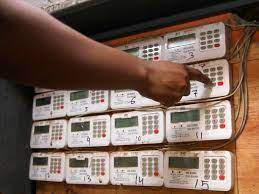Kenyan athlete Roncer Kipkorir Konga banned for three years for doping

Kenyan marathoner Roncer Kipkorir Konga has been handed a three-year ban by the Athletics Integrity Unit (AIU) after testing positive for a prohibited substance, testosterone.
The ban is effective from June 16, 2025, and disqualifies all his results from December 29, 2024, including the forfeiture of any titles, awards, medals, points, prizes, and appearance money.
More To Read
- MPs probe Sports Kenya over mismanagement of billions in stadium projects
- Kenyan marathoner Esphond Cheruiyot banned three years for doping violation
- Middle-distance runner Esther Gitahi banned for four years over doping violation
- World Marathon record holder Ruth Chepng’etich handed three-year ban for doping violation
- High court dismisses Patrick Matasi’s petition against FKF suspension
- Athletics Kenya mourns Raila Odinga, celebrates his unmatched passion for sports
The decision follows Konga’s early admission and acceptance of the anti-doping rule violations, which allowed a one-year reduction in his suspension.
The AIU report stated that Konga’s urine sample, collected out-of-competition in Iten, Kenya, on December 29, 2024, was initially reported as negative by the World Anti-Doping Agency-accredited laboratory in Lausanne.
However, a later analysis requested by the AIU confirmed the presence of testosterone and its metabolites consistent with exogenous origin.
The AIU concluded that “the Athlete did not have a Therapeutic Use Exemption that had been granted (or that would be granted) for the exogenous Testosterone and its Metabolites found in the Sample.”
Konga explained during an AIU interview that he had not knowingly taken testosterone and suggested that the positive test may have been caused by a traditional herbal medicine prepared by his mother or a supplement called TestoXT Booster.
“I would want to exploit my talent because I believe in myself and my training. I want to declare that I just used those two before Christmas, and I didn’t use any injections,” he said.
The AIU, after reviewing his explanations and consulting the Athlete Passport Management Unit, concluded that the herbal medicine and supplements were unlikely to have caused the positive test.
This is Konga’s first anti-doping violation. Under AIU rules, the mandatory period of ineligibility for his violation would normally be four years, but the early admission and acceptance of the sanction reduced it to three years.
The AIU emphasised that the disqualification of results includes all consequences, reinforcing the importance of clean sport and adherence to anti-doping regulations.
The Athletics Integrity Unit, established by World Athletics to safeguard the integrity of the sport, manages testing, investigations, results management, hearings, sanctions, and appeals.
Konga has expressly waived his right to a disciplinary tribunal hearing, though he, WADA, and the Anti-Doping Agency of Kenya retain the right to appeal the decision to the Court of Arbitration for Sport in Lausanne, Switzerland.
Top Stories Today











































